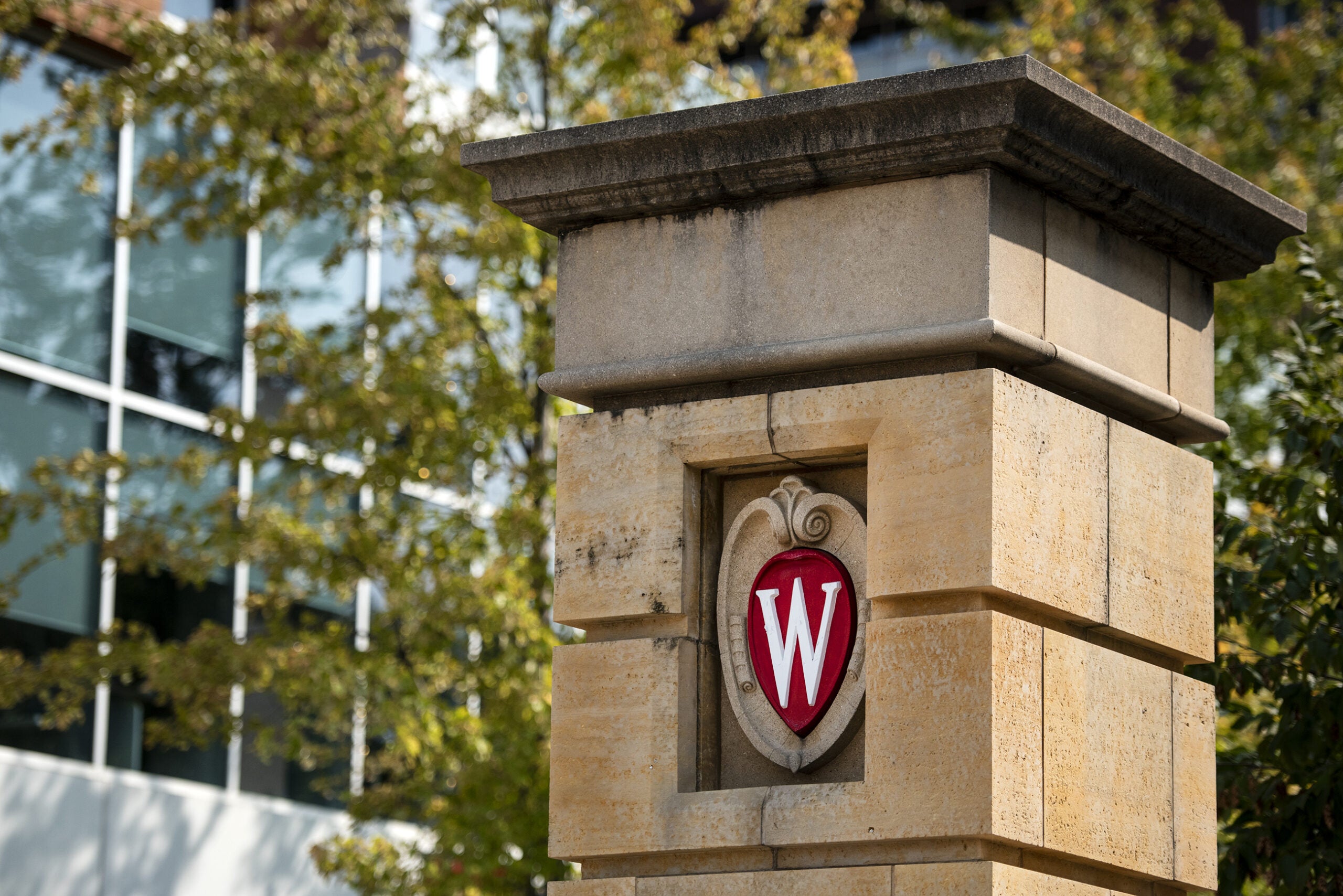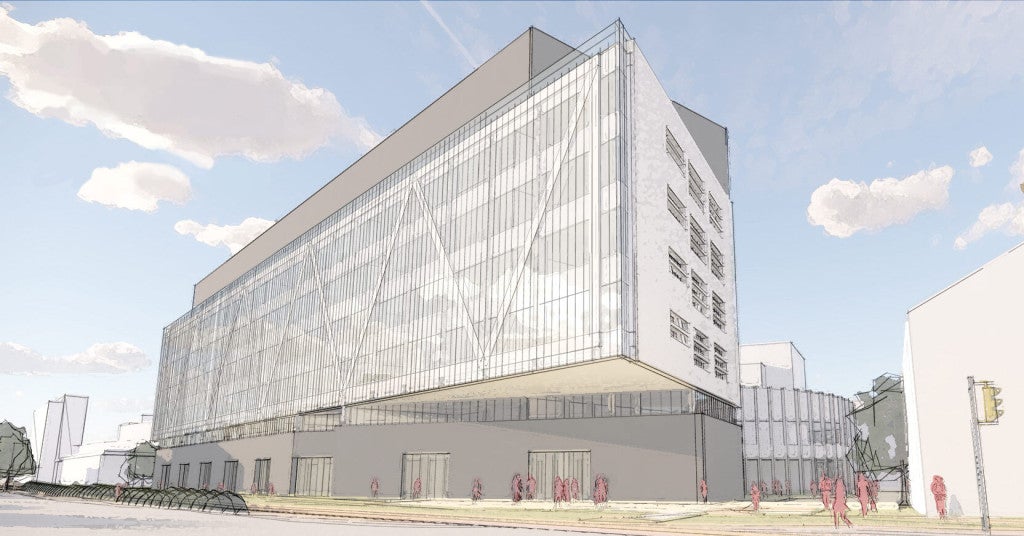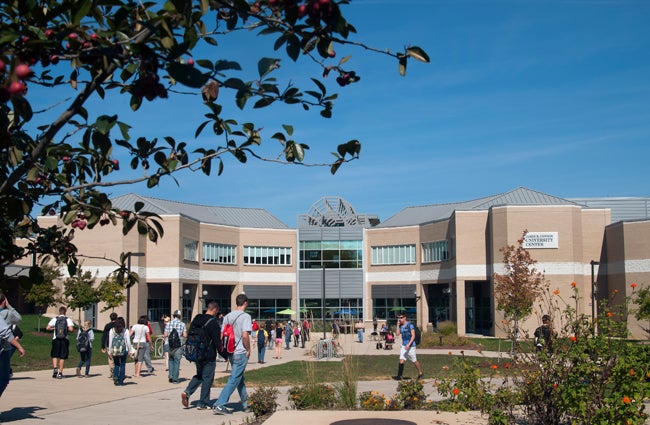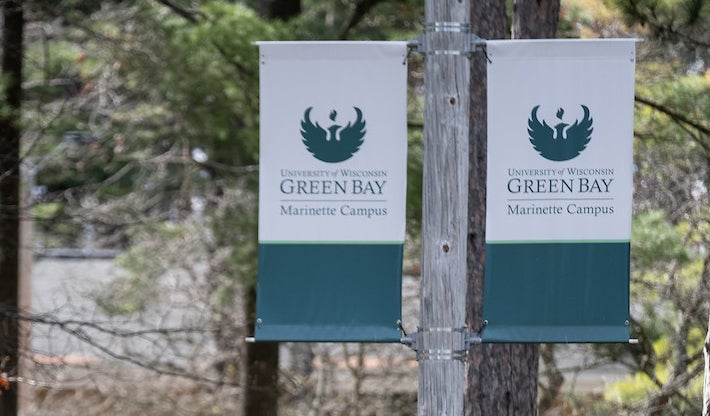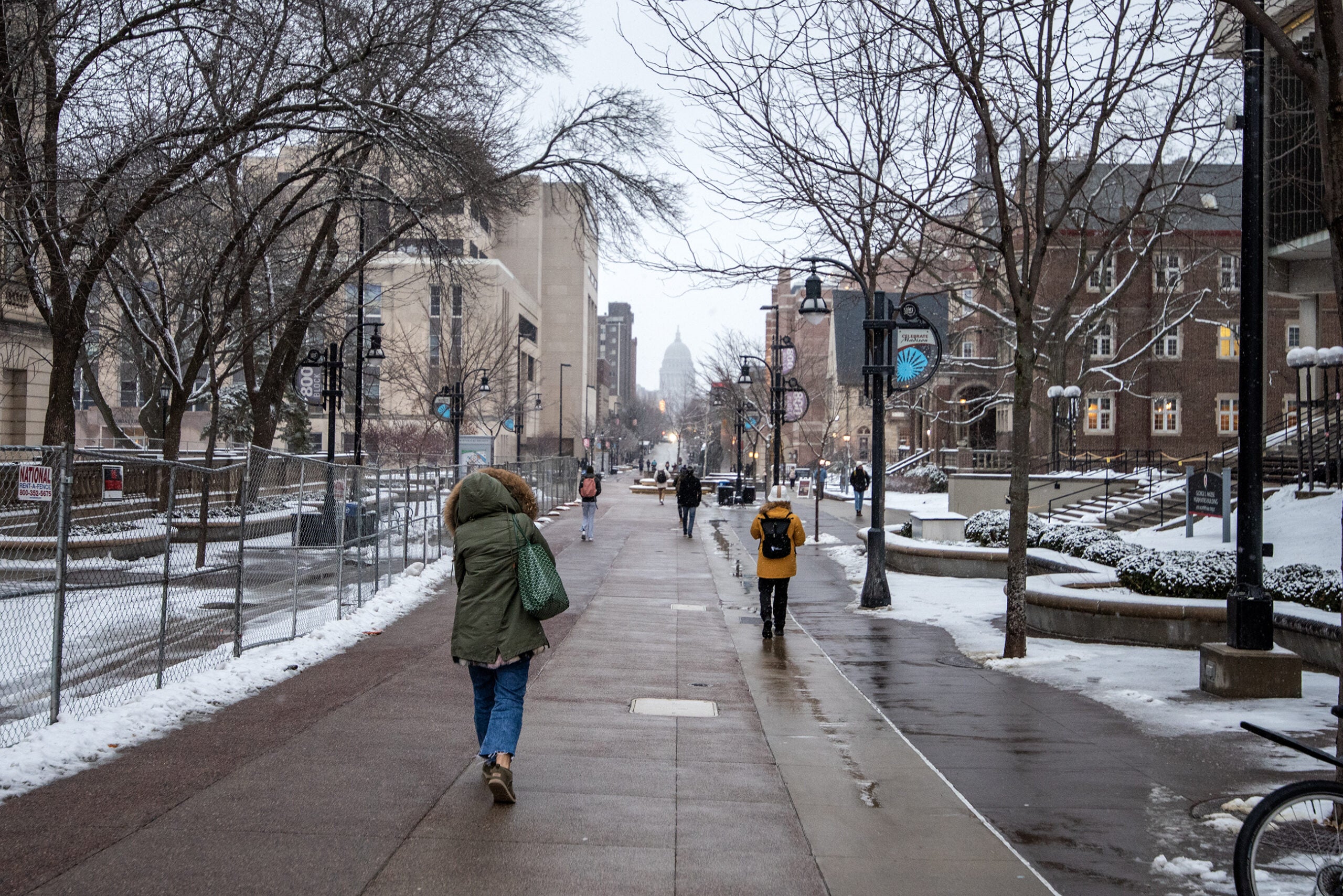Dane County is again asking the University of Wisconsin-Madison to move classes online for the rest of the semester and send students living in residence halls home to curtail a spike in new coronavirus infections.
The request comes after the county found 88 percent of students testing positive for the virus were symptomatic.
On Sunday, Dane County Executive Joe Parisi issued a press release renewing his call for UW-Madison officials to “take action immediately” to help slow the spread of COVID-19 in the county.
Stay informed on the latest news
Sign up for WPR’s email newsletter.
“Today, as our state surpasses the 100,000 case mark, we find ourselves in the midst of an unprecedented surge in Covid-19 cases fueled largely by the University System’s decision to return to in-person classes,” Parisi said.
In an interview with WPR, Parisi said new data from Public Health Madison and Dane County (PHMDC), the local health department, shows a large majority of students testing positive for the virus were symptomatic, although he didn’t say how severe those symptoms were.
“Eighty-eight percent of people contacted by our contact tracers did report being symptomatic,” said Parisi. “And so far, there has been one student hospitalized as well. Additionally, there are impacts, even if someone is asymptomatic or low symptoms, or having no symptoms that we are just beginning to understand, such as cardiac complications that could impact people later in life.”
A study published in May by the U.S. National Library of Medicine at the National institutes of Health investigated cases of myocarditis, or inflammation of the heart muscle, associated with COVID-19 infections.
Information provided by PHMDC showed the most common symptom among those interviewed was headache. Other symptoms included sore throat and fatigue. The health department said nearly 28 percent of students reported having a fever.
On Sept. 9, UW-Madison Chancellor Rebecca Blank announced the campus would move all undergraduate classes online for a two-week period ending Sept. 25 in an attempt to slow the spread of the new coronavirus. The university also quarantined two residence halls, and multiple fraternities and sororities. According to the campus’s COVID-19 dashboard, the seven-day positive percentage rate from testing has begun to decrease since Sept. 13.
Parisi said the two-week pause is a step in the right direction, but he said it isn’t enough to prevent infections on campus from impacting the greater Dane County community. He said it was disappointing the campus ignored his earlier call on Sept. 9 to send dorm residents home through the fall.
What’s more disappointing, said Parisi, is that neither UW-Madison or the UW System have released metrics laying out what types of circumstances would trigger campus closures.
“They don’t seem to have had a contingency plan in place in case their experiment didn’t work, and it hasn’t worked,” said Parisi. “And so now it’s put our community, the young people on campus and beyond in a very challenging situation.”
Parisi said UW-Madison’s efforts to use quarantine and isolation to contain the spread of the virus is unrealistic and the community is already paying a price. He said the local health department’s ability to conduct contact tracing and testing “initially was overwhelmed” because the university didn’t have enough staff in place.
UW-Madison said since early September, it has “nearly doubled” the number of campus contact tracers and continues to hire more.
Another impact, said Parisi, is that local hospitals have stopped allowing visitors due to spikes in coronavirus infections.
“I have a friend who is going to get open-heart surgery,” Parisi said. “And because of this surge of cases, now his wife can’t join him … So it’s starting to impact our community.”
As of Tuesday, UW Health announced it would stop allowing visitors into its hospitals.
“Due to the significant growth in cases from our university community and surrounding areas, UW Health and Madison-area hospitals are taking action to stop the further community spread by restricting hospital visitors once again,” said the hospital.
Blank Speaks Out Monday Afternoon
In a statement sent Monday afternoon, Blank said the university shares “a common goal” with the city of Madison, Dane County and PHMDC of reducing COVID-19 infections in the community, but sounded a critical note about Parisi’s Sunday press release.
“The best way to accomplish this goal is not by issuing press releases calling for students to leave, but to partner in developing collaborative solutions for the benefit of all residents,” Blank said in the statement.
The chancellor said in the statement that UW-Madison has taken a “strong series of steps” to control infections on campus, including quarantining the university’s two largest dorms and implementing the two-week pause of in-person, undergraduate classes.
“We have run more than 36,000 tests since August and are testing our campus population at a far higher proportion than the Dane County community at large,” Blank said in the statement. “We also plan to take all appropriate steps to ensure that Badger football does not create a negative impact.”
“You don’t need to look hard on social media to find a photo of long lines outside downtown bars or parties in large apartment buildings, or other places where 18- to 24-year-olds are gathering,” she said.
Blank also hinted that local government and health authorities should do more to control student behavior off campus.
“Until those agencies with enforcement authority take additional action, we shouldn’t expect to see a rapid decline in cases in Dane County,” Blank said.
The chancellor said the university is calling on Parisi’s office to “step forward and become a partner” in enforcing safe behavior off campus.
“It’s long past time to stop arguing,” said Blank. “We’d welcome a conversation on how we can work together to help our community.”
Wisconsin Public Radio, © Copyright 2024, Board of Regents of the University of Wisconsin System and Wisconsin Educational Communications Board.

